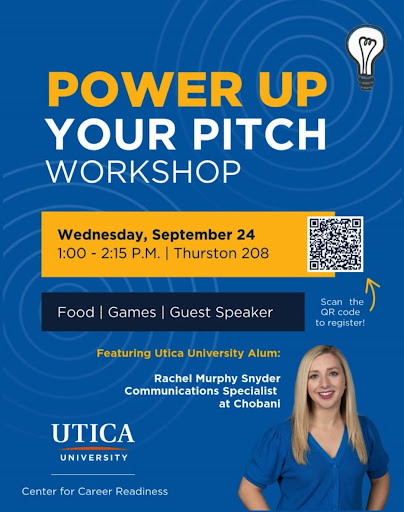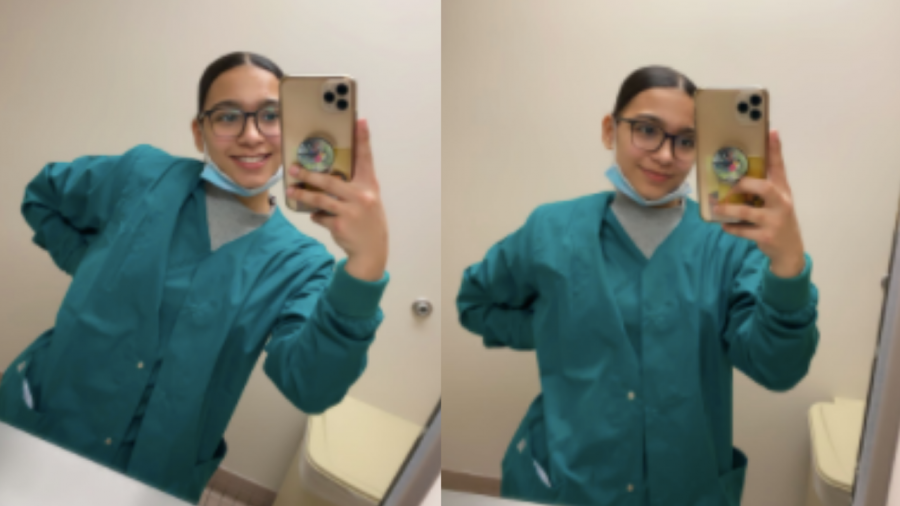Boosting health and building bonds, first year student and biology major Denise Genao not only treats hospital patients, but also makes an effort to connect with them on a personal level.
Genao is a nurse technician at St. Elizabeth’s Medical Center in Utica, where she cares and tends to the patients’ needs, provides nursing care and support while under the direction of registered nurses or physicians.
As an essential worker during the COVID-19 pandemic, Genao along with many other medical workers, have devoted their time and energy to work 12-hour shifts at least three days a week in order to treat their patients.
“This pandemic has affected me in many ways,” Genao said. “I have become more tired, extremely overworked and stressed out, but I know the importance of helping these individuals get through this tough time.”
Hospitals are known for being highly sterilized and sanitary although precautions have intensified since the outbreak of COVID-19.
Nobody is allowed into the facility except for staff or patients to reduce the exposure of healthy people. Hospital staff take visitor’s temperatures right away and also ask precautionary questions.
Genao said her facility does not have enough medical gear, such as masks, and they must limit the amount of staff that enter the COVID-19 rooms in order to keep personal protective equipment (PPE) usage at a minimum to eliminate waste.
“We have to use the same surgical mask on our 12-hour shifts unless it is soiled or contaminated,” she said. “This issue has brought many problems to the staff, such as skin irritation and swelling of the face after shifts are over.”
Being exposed and contracting COVID-19 is a constant worry Genao faces every day. She said she is careful when making sure she does not bring it home to her family.
“I take extra measures every day such as washing my hands, hand sanitizing and not bringing in my scrubs and sneakers inside the house,” she said.
Despite the challenges, Genao said she enjoys helping others and building a relationship with each person she encounters.
“I come across countless individuals who are seeking help for their health,” Genao said. “I build bonds with many patients and relationships that stretch to weeks at a time.”
Some patients do not survive their critical conditions, which poses challenges to the medical staff attending those patients day after day. Genao said those who overcome the disease are very appreciative of the help and support they receive.
“That is what drives me to get up and go to work,” she said.
Working during this pandemic, Genao said it grants her experience that she hopes to utilize in her future career as a physician.
“It helped me gain a realistic awareness of the everyday realities of life in a health service,” she said. “I acquired knowledge about my own abilities and limitations.”
For those interested in pursuing a career in the medical field, Genao advises to be prepared to witness intense scenarios. People with shot wounds, mental health issues and aggressive behavior are just a few of the cases treated.
“Though not every patient is the same,” Genao said. “It’s the relationship you build with those patients that make you the healthcare professional you are.”




































































































































